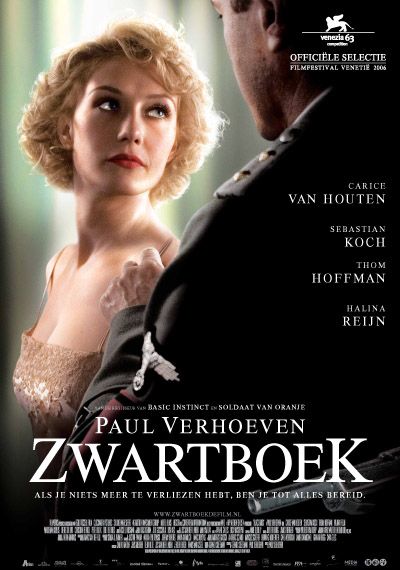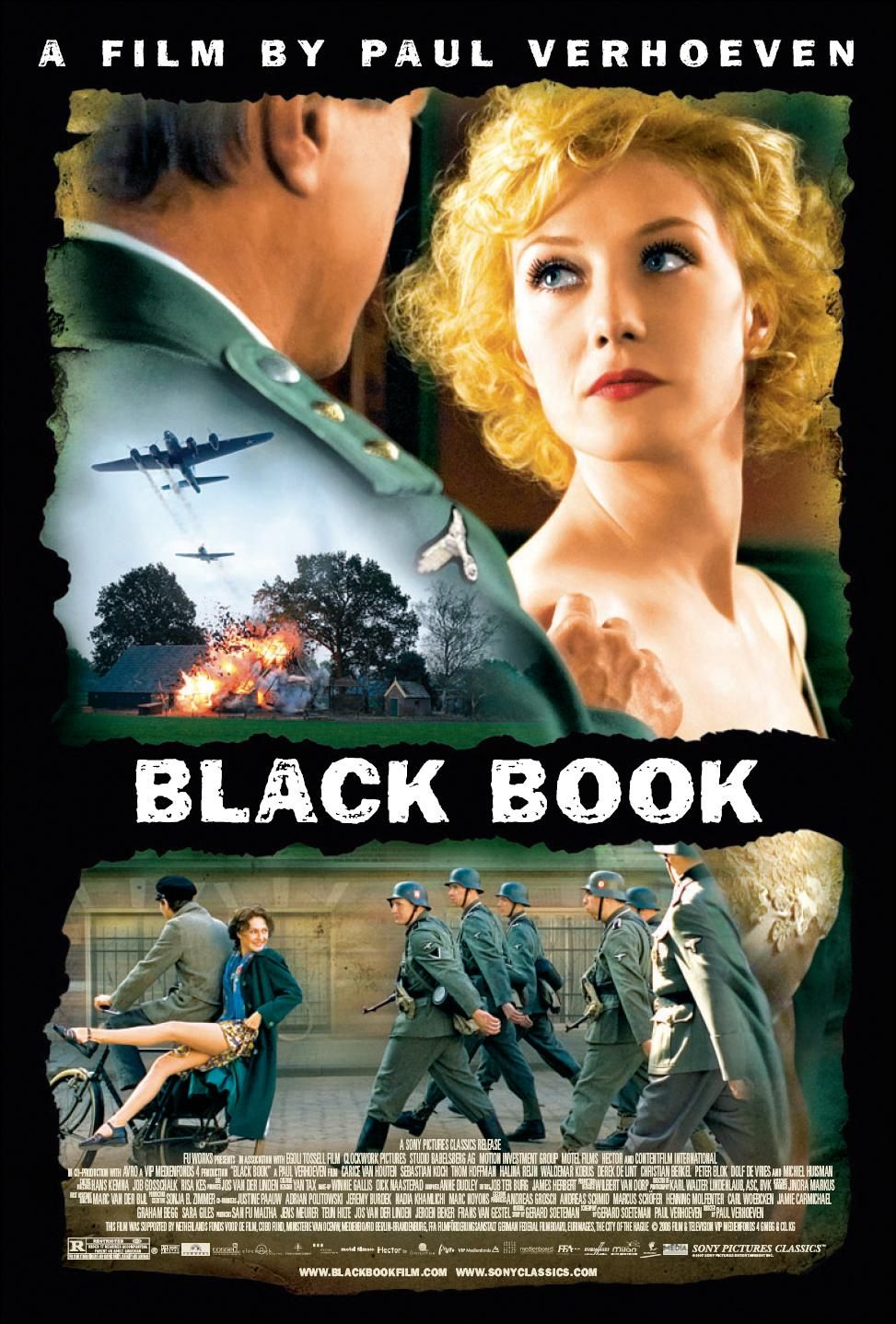

It’s a story about my mother, and the White relatives who shunned me at birth-and still somehow became family. But the story that has taught me the most about bridging those divisions is the one I was too ashamed to tell. I’m a journalist who has written about the racial divisions in America for the past 25 years. I didn’t know what to say-everything seemed to be unfolding in slow motion. She wrapped me in a hug while I gave her an awkward pat on the back. She walked toward me with her arms outstretched.

Her pale blue eyes widened in surprise when our eyes locked. I saw a thin, White woman with a shabby, beige sweater. That weekend I walked into an empty waiting room, heart hammering in my chest. And now my father was asking me to accept her – and relatives who had never accepted me. I had moved through this world as a closeted biracial person - hiding my mother’s race from my friends and marking her race as “Black” on school forms. It also became the epicenter for the 2015 racial protests that erupted after a Black man named Freddie Gray died in police custody. It served as the setting for the HBO series, “The Wire,” which depicted a poor, Black community devastated by racism and violence. My West Baltimore neighborhood would eventually become famous as a symbol for Black anger. I spent my entire time in public schools, from Head Start through high school, seeing only one White student. Charlie.” I watched a White police officer savagely beat an unarmed Black woman in my backyard when I was about nine. People referred to White people as “crackers,” honkies” and “Mr. I grew up in an all-Black, inner-city neighborhood where that kind of racial hatred was enthusiastically returned. I didn’t know what she looked like, or even if she was alive.Īll I was told was this: Your mother’s name is Shirley. She vanished from my life not long after I was born. I had grown up in Baltimore without ever knowing my mother. But we both knew that his question was anything but casual. “Do you want to meet your mom?” he asked me. Pall Mall cigarette butts were mashed in a nightstand ashtray, and “The Price is Right” was playing on a black and white TV. He was sitting up in bed with his shirt off, his belly spilling over the waist of his greasy dungarees. I was 17, just months away from leaving home for college, when my father called me into his bedroom one afternoon. But I remember where I stood when it happened. I don’t remember what I said because I was too shocked to respond.


 0 kommentar(er)
0 kommentar(er)
